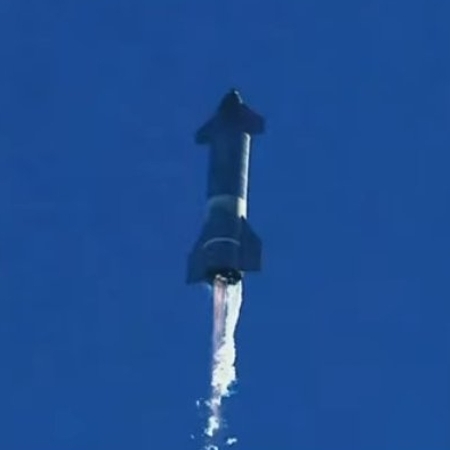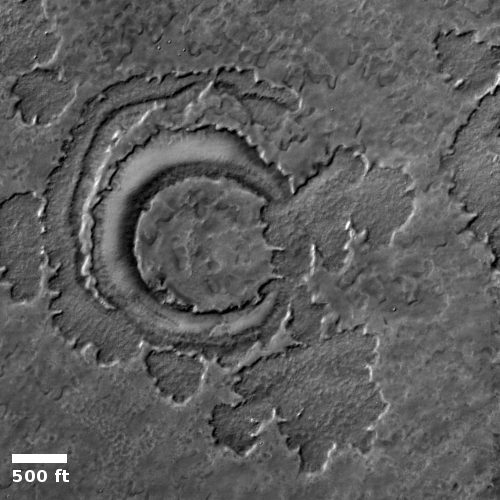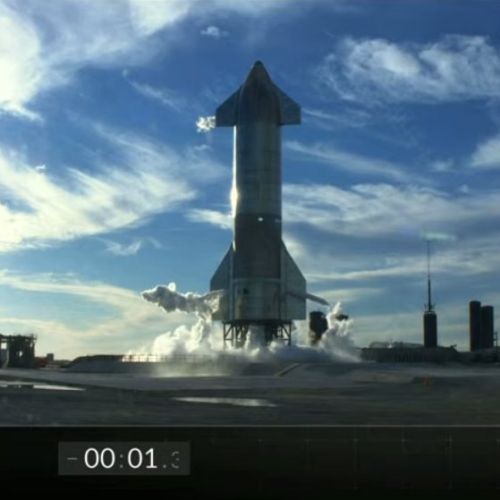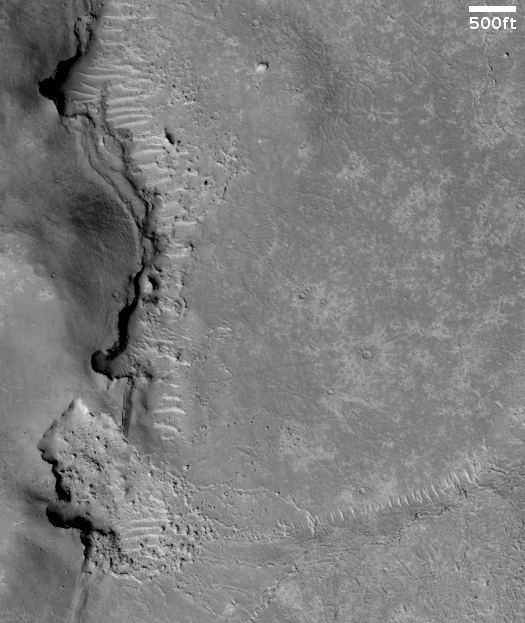Watch ULA try again to launch its Delta-4 Heavy
Capitalism in space: ULA will today try once again, after numerous scrubbed and aborted attempts in August and September, to launch its Delta-4 Heavy rocket carrying a National Reconnaissance Office spy satellite.
The mission is set to take off at 6:15 p.m. EST (2315 GMT) Thursday from pad 37B at the newly-renamed Cape Canaveral Space Force Station in Florida. Forecasters predict near-ideal weather with a 90% chance of favorable conditions during the launch window Thursday evening.
Many of the launch problems earlier this year were due to issues in the launch pad. The article at the link describes the major refurbishing that ULA has done since then to fix them.
I have embedded their live stream of the launch, below the fold. It is set to go live at 5:55 pm (Eastern).
Note also that the next few days will be very busy for the American rocket industry. Tomorrow (Friday) both SpaceX and Astra have launches scheduled, with the latter making its second attempt to complete its first orbital launch. Then Rocket Lab has another Electron launch from New Zealand scheduled for the next day (Saturday).
That’s four launches in three days. If just two succeed, it will raise the total U.S. launches in 2020 to 38, which would be the most American launches in a single year since 1969, the year the country put men on the Moon.
» Read more
Capitalism in space: ULA will today try once again, after numerous scrubbed and aborted attempts in August and September, to launch its Delta-4 Heavy rocket carrying a National Reconnaissance Office spy satellite.
The mission is set to take off at 6:15 p.m. EST (2315 GMT) Thursday from pad 37B at the newly-renamed Cape Canaveral Space Force Station in Florida. Forecasters predict near-ideal weather with a 90% chance of favorable conditions during the launch window Thursday evening.
Many of the launch problems earlier this year were due to issues in the launch pad. The article at the link describes the major refurbishing that ULA has done since then to fix them.
I have embedded their live stream of the launch, below the fold. It is set to go live at 5:55 pm (Eastern).
Note also that the next few days will be very busy for the American rocket industry. Tomorrow (Friday) both SpaceX and Astra have launches scheduled, with the latter making its second attempt to complete its first orbital launch. Then Rocket Lab has another Electron launch from New Zealand scheduled for the next day (Saturday).
That’s four launches in three days. If just two succeed, it will raise the total U.S. launches in 2020 to 38, which would be the most American launches in a single year since 1969, the year the country put men on the Moon.
» Read more









